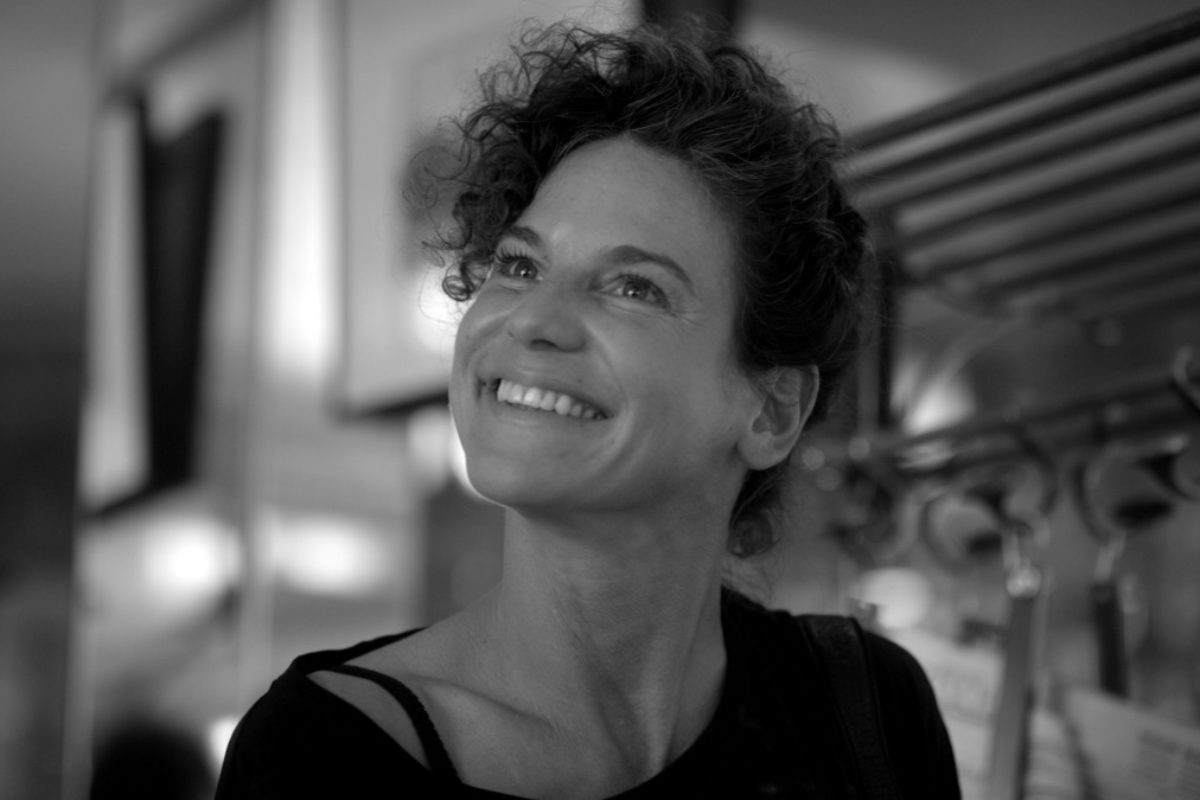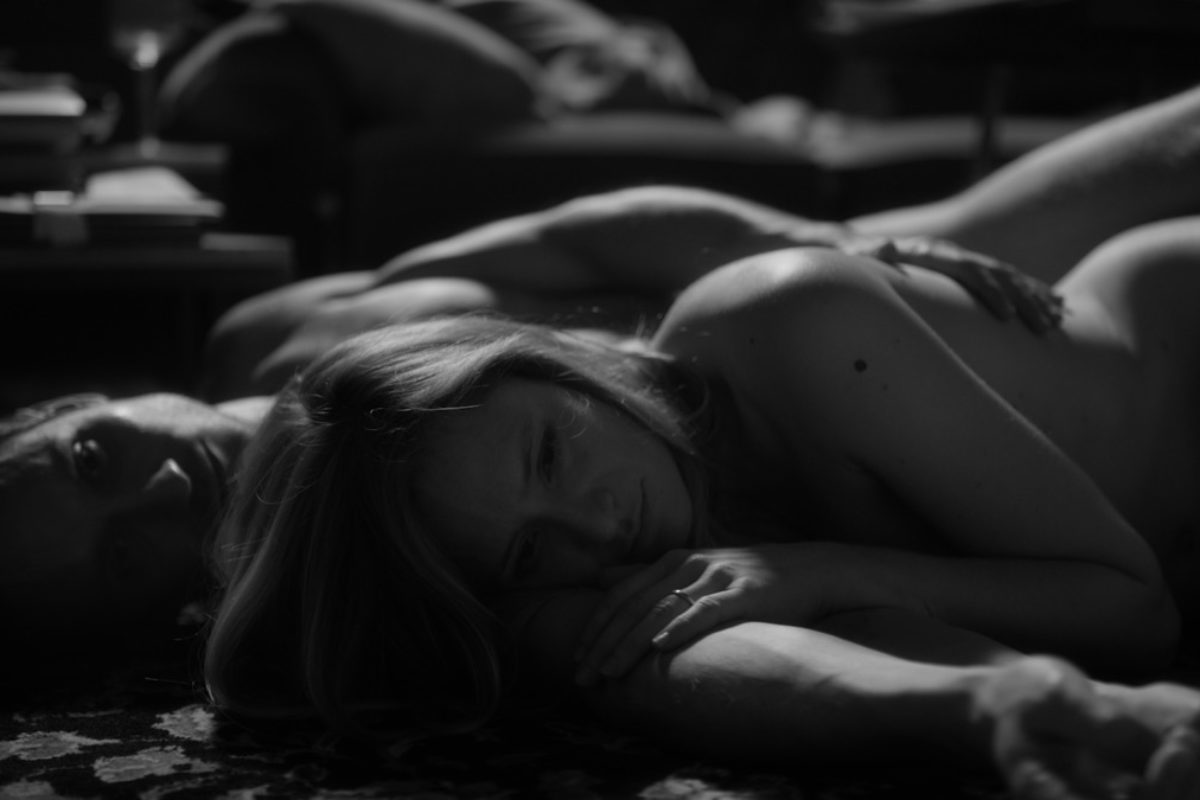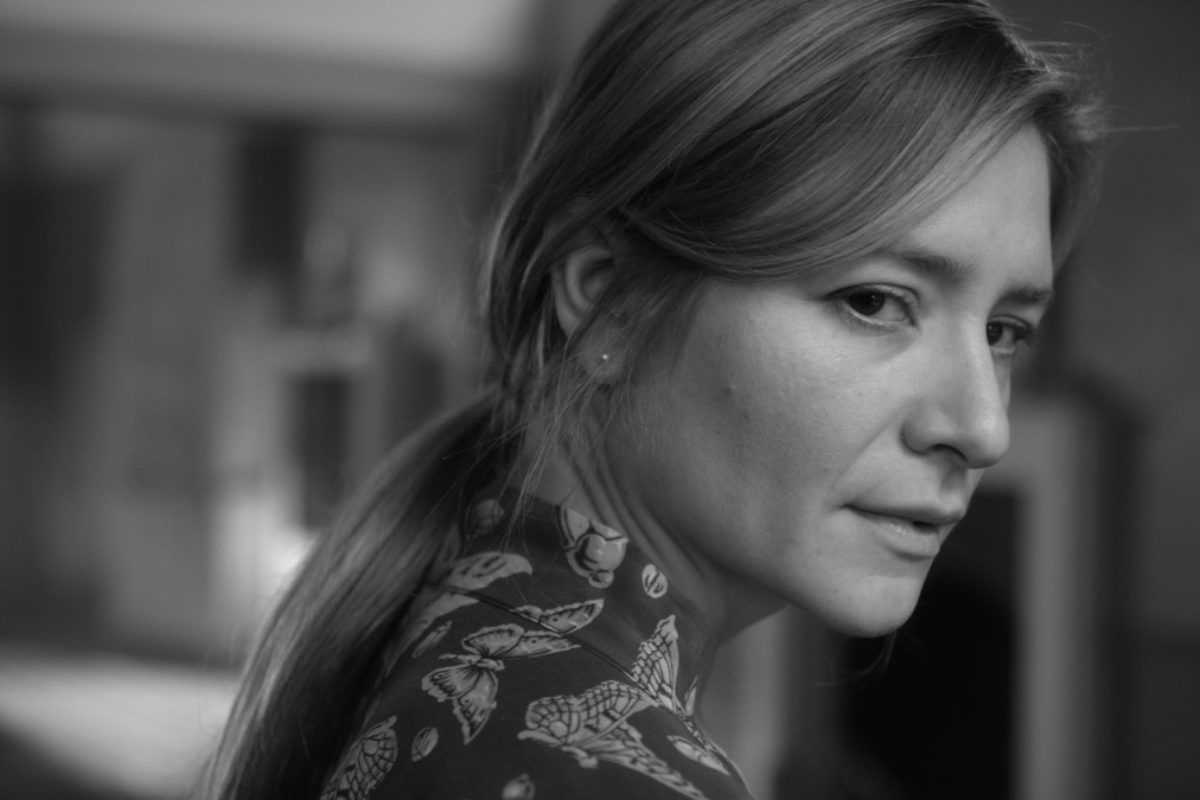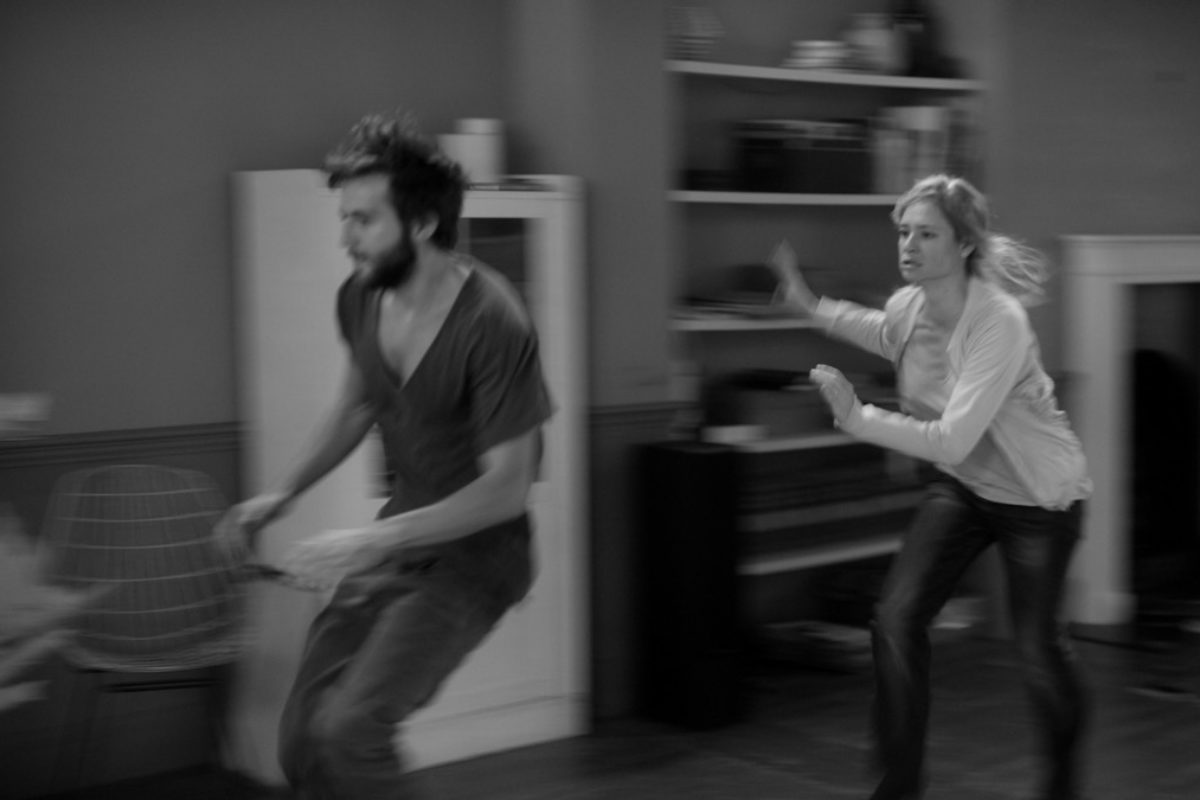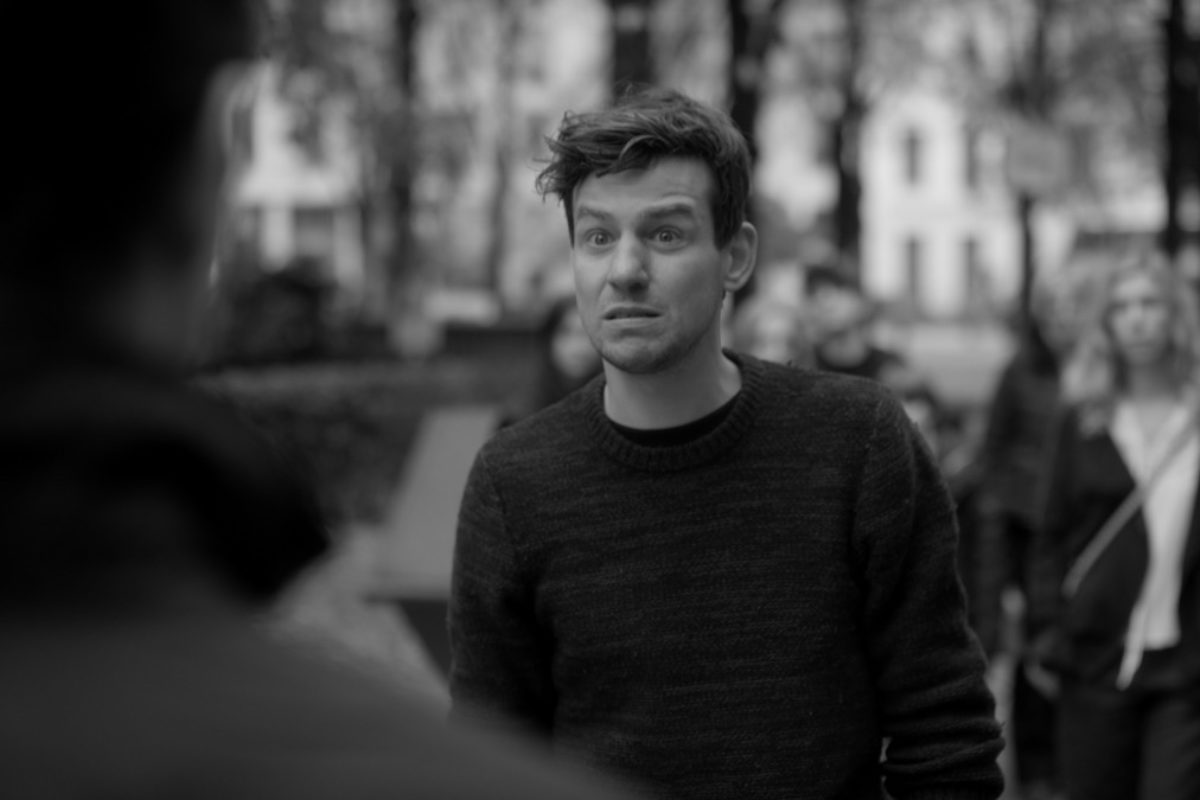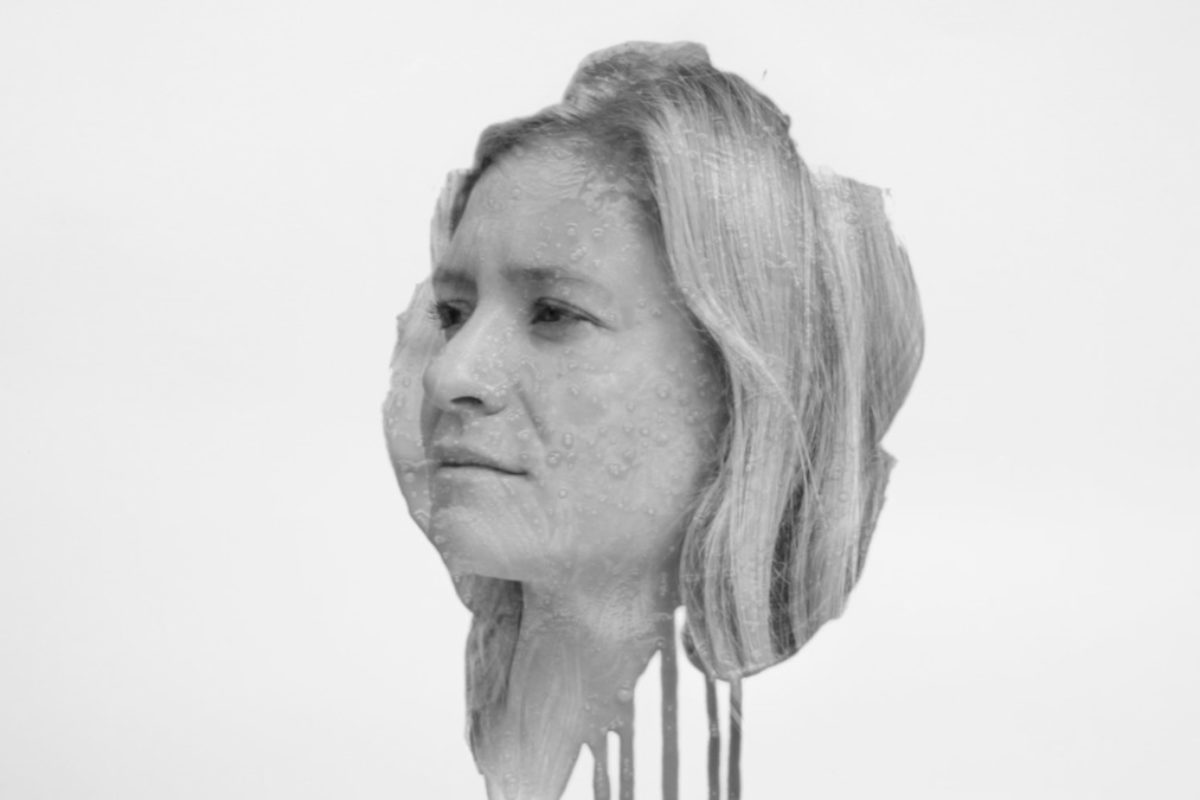

Allgemein
Johanna Reich – Videoart
1977 born in Minden, Germany
2000 Academy of Fine Arts Muenster (Kunstakademie Münster) | Prof. Andreas Köpnick, Prof. Paul Isenrath, Prof. Guillaume Bijl
2003 Academy of Fine Arts in Hamburg (HfbK Hamburg) | Prof. Wim Wenders
2003-05 Member of the Artist Group Klangkunst 8.1
2005 Facultat de Belles Arts Barcelona, Spain
2007 Postgraduate studies at the Academy of Media Arts Cologne
Since 2015 Sound Art project SQNCE (with Adriane Wachholz)
Johanna Reich lives and works in Cologne, Germany.
Marpa Schneider – Costume design
Manfred “Marpa” Schneider studied costume and stage design at the Hochschule der Künste in Berlin. Many years he assisted Karl-Ernst Herrmann in his international opera productions, at the Salzburger Festspiele, the Opéra National de Paris, Opera Amsterdam, the Opera Geneva, etc… Since 1991 he works as a free-lance costume and production designer for theatre, opera and film.
Moritz Hoffmeister – Sounddesign
With over ten years of experience he always is trying to give every movie a unique soundtrack.
Screen International
The always impressive Jentsch is at her forceful best in a role which sees her slowly coming to the boil.
Variety
A grand statement on the disaffection of an entire young, upwardly mobile, international generation in the wake of the seismic existential shock that was 9/11, even working in allusions to World War II.
DPA
Der schauspielerischen Kraft von Jentsch und Zimmler verdankt “Die Habenichtse” seine Intensität. Die Entscheidung für die schwarz- weiße Optik ist eine Entscheidung für die Konzentration auf das Wesentliche: den Blick in die Gesichter von Isabelle und Jakob, in ihre verwundeten, ratlosen Seelen.
Frankfurter Rundschau
Fern von den Äußerlichkeiten einer Retro-Ästhetik nutzt Hoffmeister die Möglichkeiten der klassischen Filmsprache für das, wofür sie schon immer stand: „Die Habenichtse“ ist ein kluger, nachdenklicher Film geworden, eine schöne Seltenheit.
TAZ
Julia Jentsch und Guy Burnet spielen ihre kammerspielartigen gemeinsamen Szenen in der Londoner Wohnung grandios, verzweifelt und brutal – eine von vielen schönen Drehbuchleistungen in diesem beeindruckenden Debütfilm.



